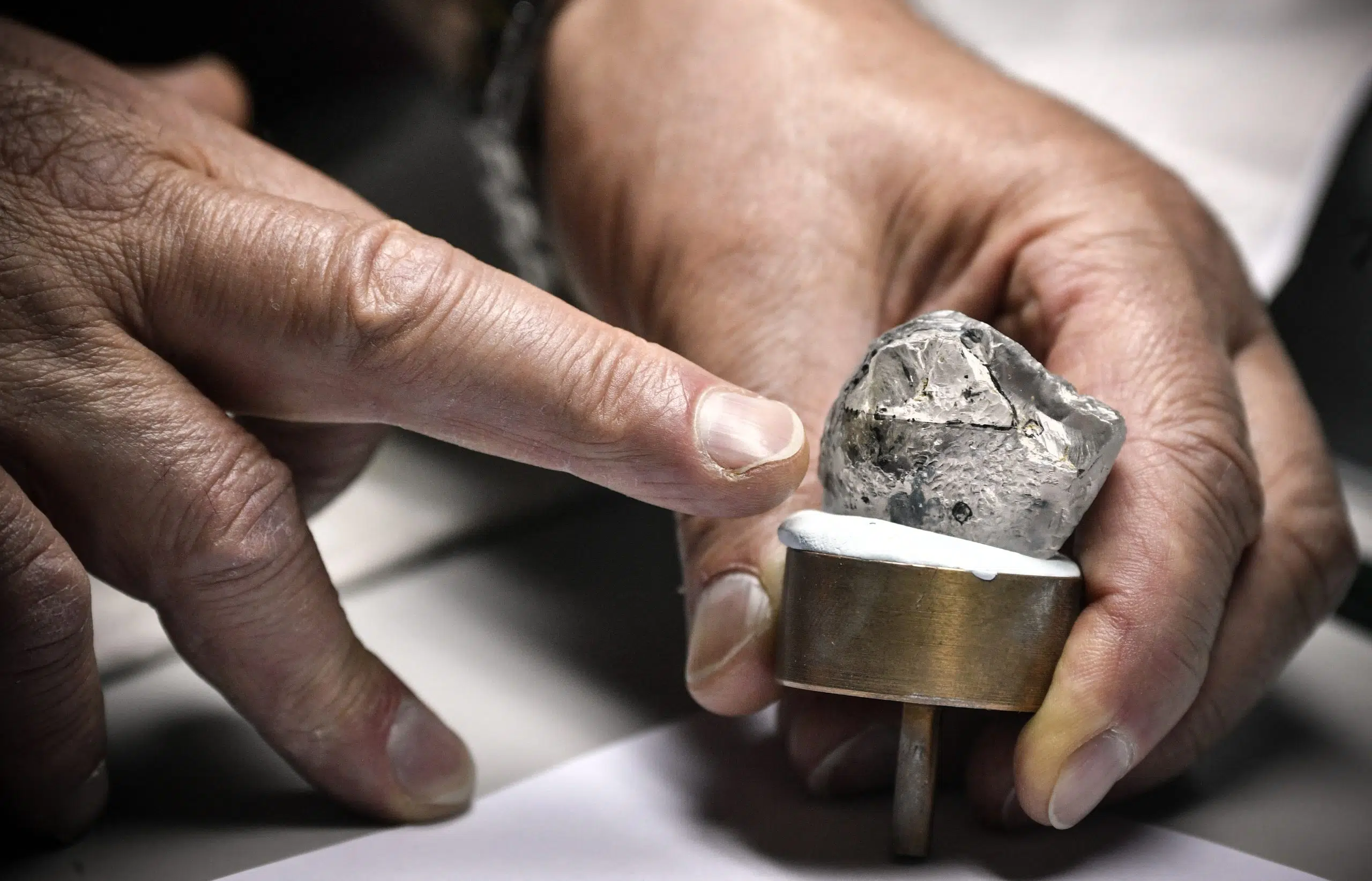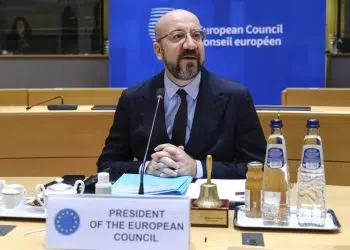Brussels – The EU wraps up the Christmas gift package and sends it to the Kremlin. A week before the holiday season, the 27 adopted the twelfth package of sanctions against Russia since the start of the war of aggression in Ukraine. And they finally target the diamond trade, which earns Moscow $4.5 billion a year.
Belgium and the luxury jewelry industry resistances have been defeated: the new round of restrictive measures includes a ban on the import, direct or indirect purchase, or transfer of diamonds from Russia. The ban applies to “diamonds originating in Russia, diamonds exported from Russia, diamonds in transit through Russia, and Russian diamonds processed in third countries.” The initiative, coordinated with G7 partners, will result in a ban on trade in natural and synthetic non-industrial diamonds and diamond jewelry from the beginning of the new year.

Only at a later stage will a series of bans be introduced on Russian diamonds processed—that is, cut and/or polished—in third countries: To enable effective enforcement measures, from March 1, a traceability system will be phased in and will become mandatory from September 1, 2024. With the twelfth package, there will also be a halt to imports from Russia of metal-derived products: cast iron, copper wire, aluminum wire, pipes and tubes, which were purchased by European companies last year with a total value of 2.2 billion euros.
In addition, the package expands the list of restricted items that could contribute to the technological improvement of the military sector to include chemicals, lithium batteries, thermostats, DC motors and servomotors for unmanned aerial vehicles (drones), machine tools, and machinery parts.
EU hunting for circumventions of restrictive measures against Russia
“The further we go, the more evasions” to the restrictive measures pop up, European sources explained. To plug the leaks, Brussels has decided to extend a ban on transit through Russian territory to all goods with potential war use exported from the EU to third countries. Citizens with Russian nationality will also not be allowed to own, control, or hold positions in managing bodies of entities that provide cryptocurrency wallets, account or custody services to Russian individuals and residents. Finally, the EU decided to impose notification requirements for the transfer of funds outside the 27 member countries by any entity established in the EU owned or controlled by an entity established in Russia. The “no Russia” clause becomes law: anyone exporting sensitive goods and technologies out of the EU will have to contractually prohibit re-export to Russia. The clause covers all items used in Russian military systems found on the battlefield in Ukraine.

But the new package also aims to close important loopholes that have allowed Moscow to continue exporting oil at competitive prices with little impact on its revenues, because the embargo on imports and the cap on the price of Russian crude oil have so far not been enough, with several EU states continuing to purchase Moscow’s oil derivatives from ships flying the flags of third countries.
To put an end to circumvention, Brussels has come up with an enhanced information-sharing mechanism that should enable better identification of ships and entities engaging in deceptive practices, such as ship-to-ship transfers used to conceal the origin or destination of cargo. In addition, a notification requirement will be introduced for the sale of tankers, even second-hand ones, to any third country. Finally, a special embargo on LPG, liquefied propane, has been introduced for a temporary period of 12 months.
This 12th package does not lack a chapter devoted to individual sanctions. A meaty chapter, with 147 new entries—61 individuals and 86 entities—in a list that now numbers 1950 individuals and entities subject to restrictive measures since the beginning of the war in Ukraine. “Our message is clear,” said EU High Representative for Foreign Affairs Josep Borrell, “we remain firm in our commitment to Ukraine and will continue to support its struggle for freedom and sovereignty.”
English version by the Translation Service of Withub




